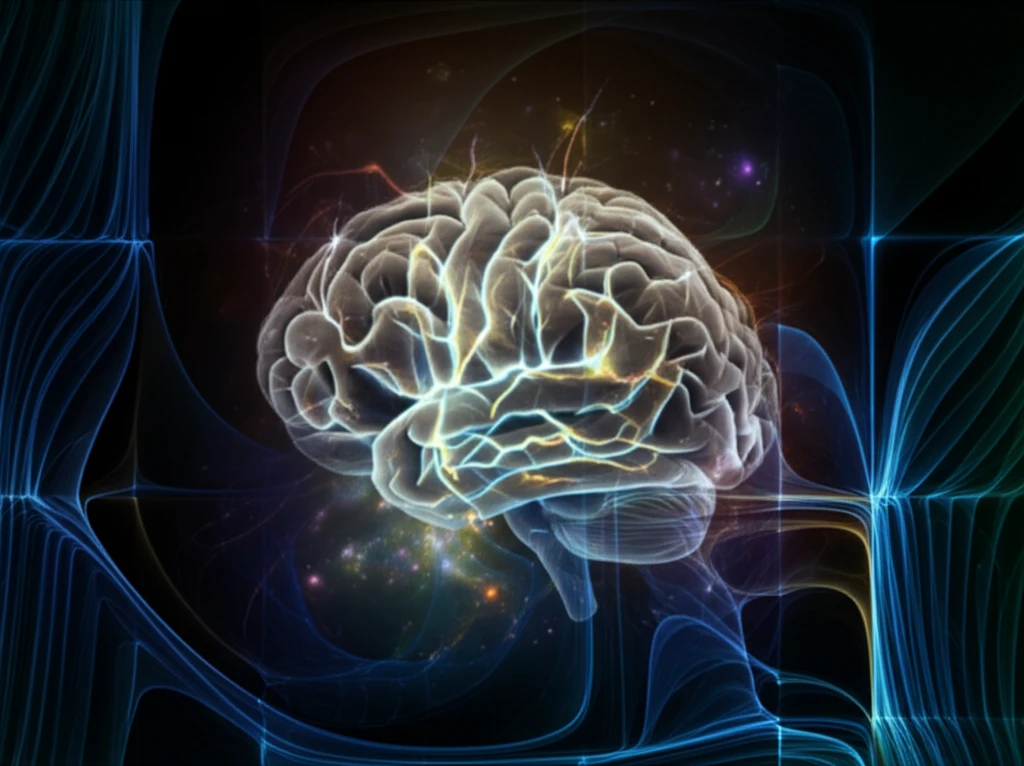
Brain Boost: How Neuromodulation is Revolutionizing Mental Health Treatment
"Explore the innovative world of neuromodulation and its potential to transform the treatment of depression, anxiety, and other mental health conditions."
In the realm of mental health treatment, a new frontier is emerging: neuromodulation. This innovative approach involves using energy fields, such as electricity or magnetism, to alter nervous system function, aiming to alleviate psychiatric symptoms and related conditions. Unlike traditional methods that primarily rely on medication and psychotherapy, neuromodulation directly targets brain activity, offering a unique pathway to healing and recovery.
The concept of neuromodulation is not entirely new. For centuries, various forms of stimulation have been used to treat physical ailments. However, its application in psychiatry gained prominence in the past century, particularly with the advent of electroconvulsive therapy (ECT). Since the 1930s, ECT has been recognized as an effective treatment for severe depression, catatonia, and other debilitating mental health disorders.
Over the years, technological advancements have led to the development of newer neuromodulation techniques, including vagus nerve stimulation (VNS), repetitive transcranial magnetic stimulation (rTMS), and deep brain stimulation (DBS). Recent years have witnessed a surge of interest in other emerging technologies, such as novel adaptations to rTMS and low-intensity electrical stimulation. These advancements offer even more targeted and personalized approaches to mental health treatment.
Why Neuromodulation is Gaining Momentum

Several factors contribute to the growing interest in psychiatric neuromodulation within clinical and research settings. At its core, neuromodulation targets the electrical activity within brain networks, providing a mechanism of action that differs from traditional pharmacotherapy. This distinction offers the potential for treatment success in cases where medications have proven ineffective.
- Targeted Treatment: Neuromodulation allows for precise targeting of brain areas involved in specific mental health conditions.
- Alternative to Medication: It offers a valuable option for individuals who have not responded well to traditional medications or experience intolerable side effects.
- Fewer Side Effects: Compared to many psychiatric medications, neuromodulation generally has a more favorable side-effect profile.
- Potential for Long-Term Relief: Some neuromodulation techniques have shown promise in providing long-term relief from symptoms.
The Future of Mental Health is Here
Neuromodulation represents a significant step forward in the treatment of mental health conditions. By directly targeting brain activity and offering a more focused approach, it has the potential to transform the lives of individuals who have struggled with traditional treatments. As research continues and technology advances, neuromodulation is poised to play an increasingly important role in the future of mental health care.
